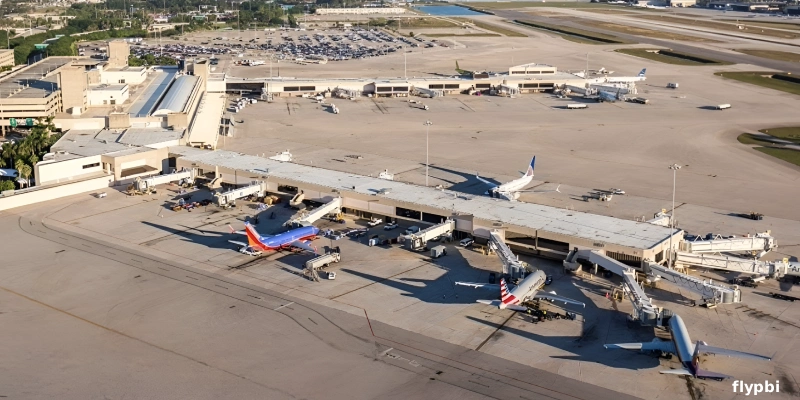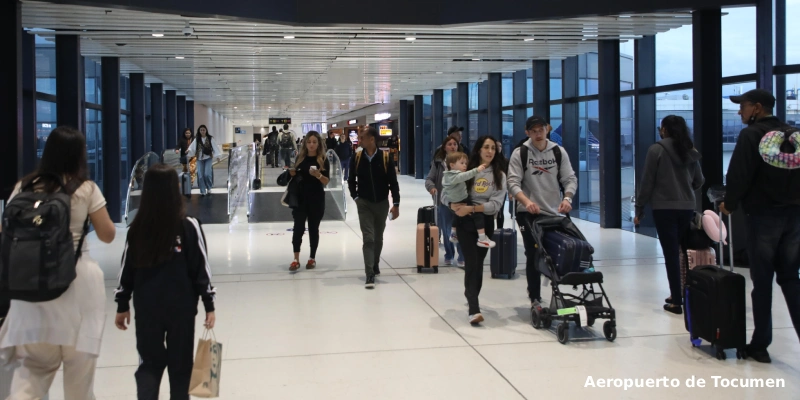The cockpit voice recorder data on the Alaska Airlines Boeing 737 MAX 9 jet which lost a panel mid-flight on Friday was overwritten, U.S. authorities said, renewing attention on long-standing safety calls for longer in-flight recordings.
National Transportation Safety Board (NTSB) chair Jennifer Homendy said on Sunday no data was available on the cockpit voice recorder because it was not retrieved within two hours – when recording restarts, erasing previous data.
The U.S. requires cockpit voice recorders to log two hours of data versus 25 hours in Europe for planes made after 2021.
The International Civil Aviation Organization (ICAO) has been requiring 25-hour recording on aircraft manufactured after 2021 since 2016.
→ Alaska Airlines takes delivery of its first Boeing 737-8
“There was a lot going on, on the flight deck and on the plane. It was a very chaotic event. The CVR (cockpit voice recorder) circuit breaker was not activated. The maintenance team went out to look for it, but it was just two hours into the flight,” Homendy explained.
The plane’s flight data recorder and cockpit voice recorder were sent Sunday to NTSB labs for readout, but no voice data was available, he said.
DEBATE WITH FAA
The NTSB has been vocal in calling for the U.S. to extend its rule to 25 hours. The U.S. Federal Aviation Administration (FAA) a month ago said it was proposing to extend to 25 hours – but only for new aircraft in line with the European policy.
“I’m calling on the FAA to change the rulemaking,” Homendy said, adding that she wanted to see aircraft retrofitted with 25-hour recorders, not just new planes.
“If that communication is not recorded, that is unfortunately a loss for us and a loss for the FAA and a loss for safety because that information is key not just for our investigation but for improving aviation safety,” she said.
Congress should take action in the FAA reauthorization bill to ensure the proposed rule is adopted, Homendy said.
Debate about whether to adopt the longer recording time juggles considerations of cost or privacy against safety.
The U.S. FAA has previously rejected the NTSB’s call for retrofitting aircraft with new cockpit voice recorders, saying the costs would be significant at $741 million versus $196 million under incremental upgrades it proposed.
Pilots have also opposed the move, and the union representing airmen at air cargo carrier Atlas Air has told the FAA that longer recordings would be an invasion of workers’ privacy.
“It would significantly infringe on the privacy rights of pilots and other flight crew members, as well as dramatically increase the likelihood of CVR recordings being misused or disseminated without authorization,” the union said in a Dec. 28 response to the FAA’s 25-hour proposal.
The issue has taken on new urgency after a series of incidents set off alarm bells about air safety in the United States.
The NTSB has conducted 10 investigations since 2018 in which the CVR was overwritten, including four runway raids, Homendy said.
With information from Reuters
Related Topics
Florida Approves Bill to Rename Palm Beach Airport in Honor of Donald Trump
Tocumen Airport (Panama) Starts 2026 with Historic Record: Over 2 Million Passengers in January
Argentina Breaks Records: January 2026 Marks Highest Historical Level of Passengers and Operations
Madrid-Barajas Airport Records Best January in History: 5.3 Million Passengers

Plataforma Informativa de Aviación Comercial con 13 años de trayectoria.




